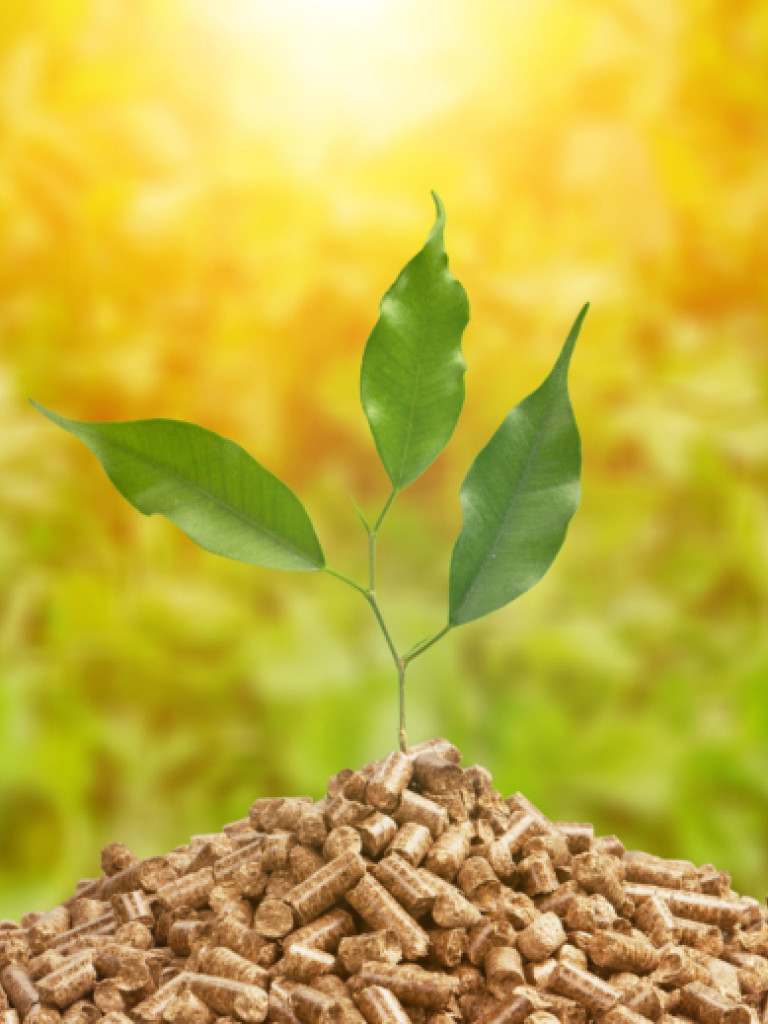
Technical University Munich - Germany
FasCiPlex Gbr. - Philipp Schulte
- 2015
- Winner
- Venture
FasCiPlex has developed a new more efficient enzyme for an economic conversion of biomass to sugar. Biomass is an abundant feedstock mainly composed of cellulose which in turns is composed of 100% glucose. The sugar can be released by synergistic enzyme activity of cellulases. State of the art since over 60 years are fungal soluble cellulases. So far biomass conversion using fungal cellulases is not cost competitive. Our paradigm is the most effective cellulase in nature – the cellulosome of Clostridium thermocellum, a multi-enzyme complex. The cellulosome is thermophilic (55-70 °C), highly stable and attaches to the substrate for enhanced enzyme activity. Complex formation leads to local increase in enzyme concentration thereby enhancing synergism of the individual enzyme functions resulting in more sugar per enzyme unit. We build artificial recombinant complexes by binding selected enzymes to a core protein. Our FasCiPlex prototype is superior compared to the best available commercial cellulases on an industrial substrate and has the potential of 3.5x improvement. A PCT application was filed in 2011. With FasCiPlex we want to make biomass valorization cost competitive.